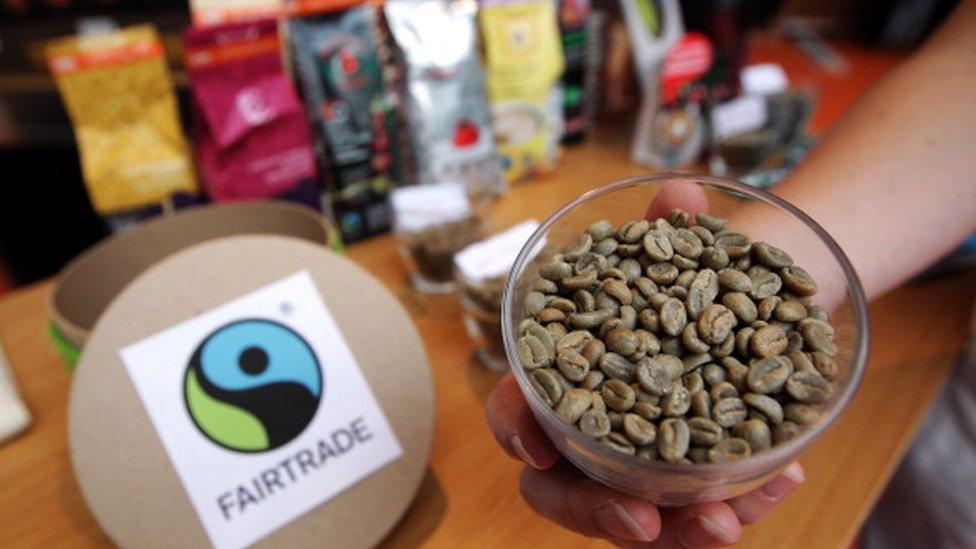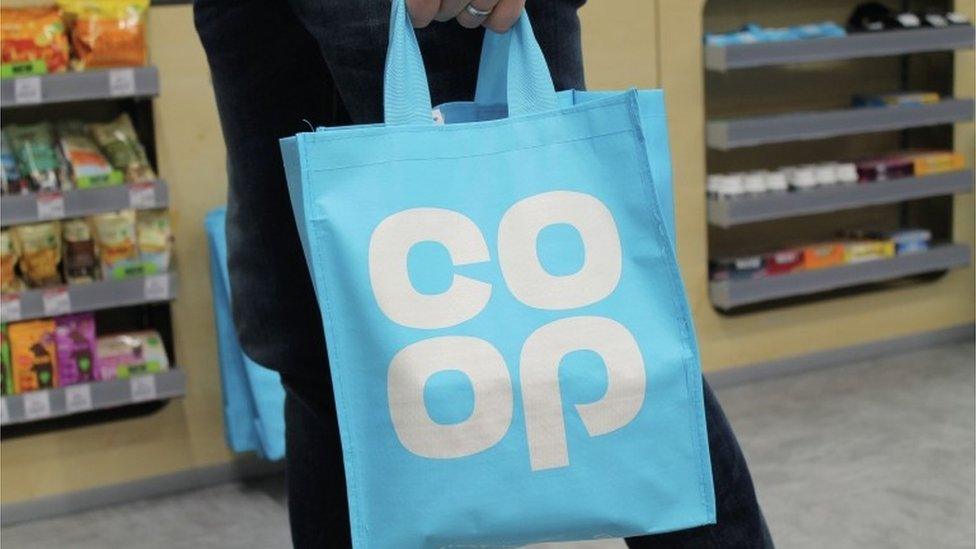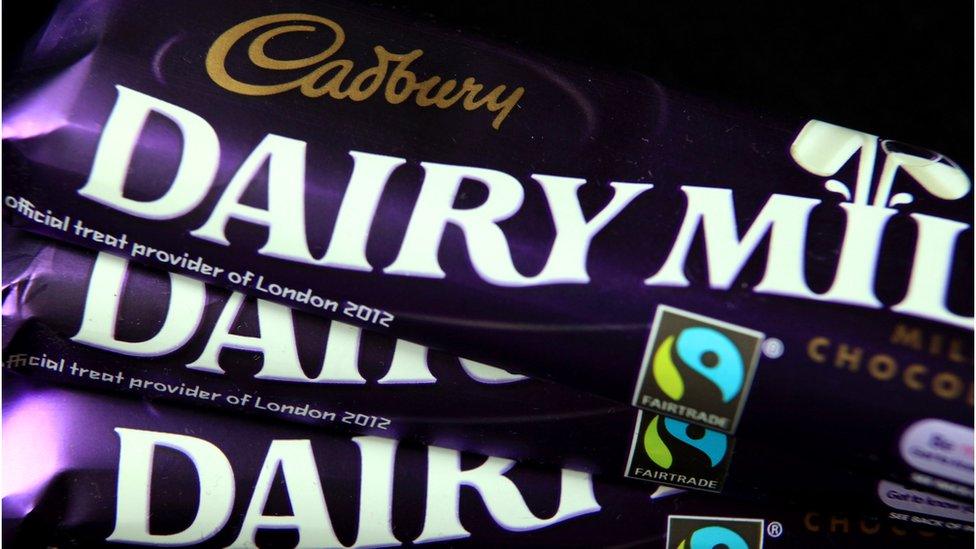Fairtrade campaigners fear Brexit impact
- Published

Consumers are being urged to continue buying ethical products by Fairtrade campaigners over fears of the impact of Brexit on trade for poor farmers.
Sales of Fairtrade products in the UK rose 2% last year to more than £1.6m, latest figures show.
There was an 8% rise in sales of coffee and a 6% increases in bananas.
But the Fairtrade Foundation said more than 50 international trade deals would have to be renegotiated as a result of the UK leaving the EU.
The foundation said this was a big worry for farmers and workers in poor countries who contacted them in the aftermath of the Leave vote.
Michael Gidney, chief executive of the Fairtrade Foundation, said things were still in the balance.
In December last year, its campaigners delivered a letter, with more than 50,000 signatures, to Downing Street asking the prime minister to pledge that any future trade deals would continue to tackle global poverty and deliver a fair deal for those in the developing world.
'Direct connection'
At the start of its Fairtrade Fortnight, the foundation also revealed the findings of a survey of 2,000 people about their shopping habits.
It found one in five never thought about whether food had been produced in exploitative conditions.
But three-quarters of those surveyed said they were aware of the positive change that buying ethically sourced goods could bring to communities in the developing world.
Mr Gidney said: "Too few of us think about the people behind our products, and too many companies still do not publish what they pay their producers.
"It's time to really push the direct connection between the food we buy and their impact on farmers' livelihoods."
The foundation said smallholder farmers were responsible for providing the majority of the UK's tea and coffee, yet it said one in three people in Kenya's coffee and tea-growing regions lived in poverty.
Globally recognised
Last year, Cadbury's parent company, Mondelez, decided to abandon its Fairtrade certification in favour of its existing in-house fair trade scheme, Cocoa Life.
Mondelez said it wanted to lead its own sustainability efforts - investing more in areas such as its supply chain, bonuses for farmers, training and climate change prevention.
Fairtrade said it was a globally recognisable ethical-trade mark and would continue to develop its relationship with manufacturers who chose to adopt their own system of self-regulation.

The Co-op said on Monday that it had become the first UK retailer to use only Fairtrade cocoa in all its products.
Brad Hill, Co-op's Fairtrade strategy manager, said: "The UK is the world's biggest Fairtrade market and the world's fourth biggest consumer of chocolate, but our manufacturers and retailers still only source a tiny amount on Fairtrade terms.
"When we consider that demand for cocoa is set to rise by 30% over the next three years alone, it's imperative that we keep moving forward with sustainability initiatives in order to shape this industry.
"We must help to improve the lives of farming communities who are still suffering a raw deal."
- Published28 November 2016

- Published6 September 2016
